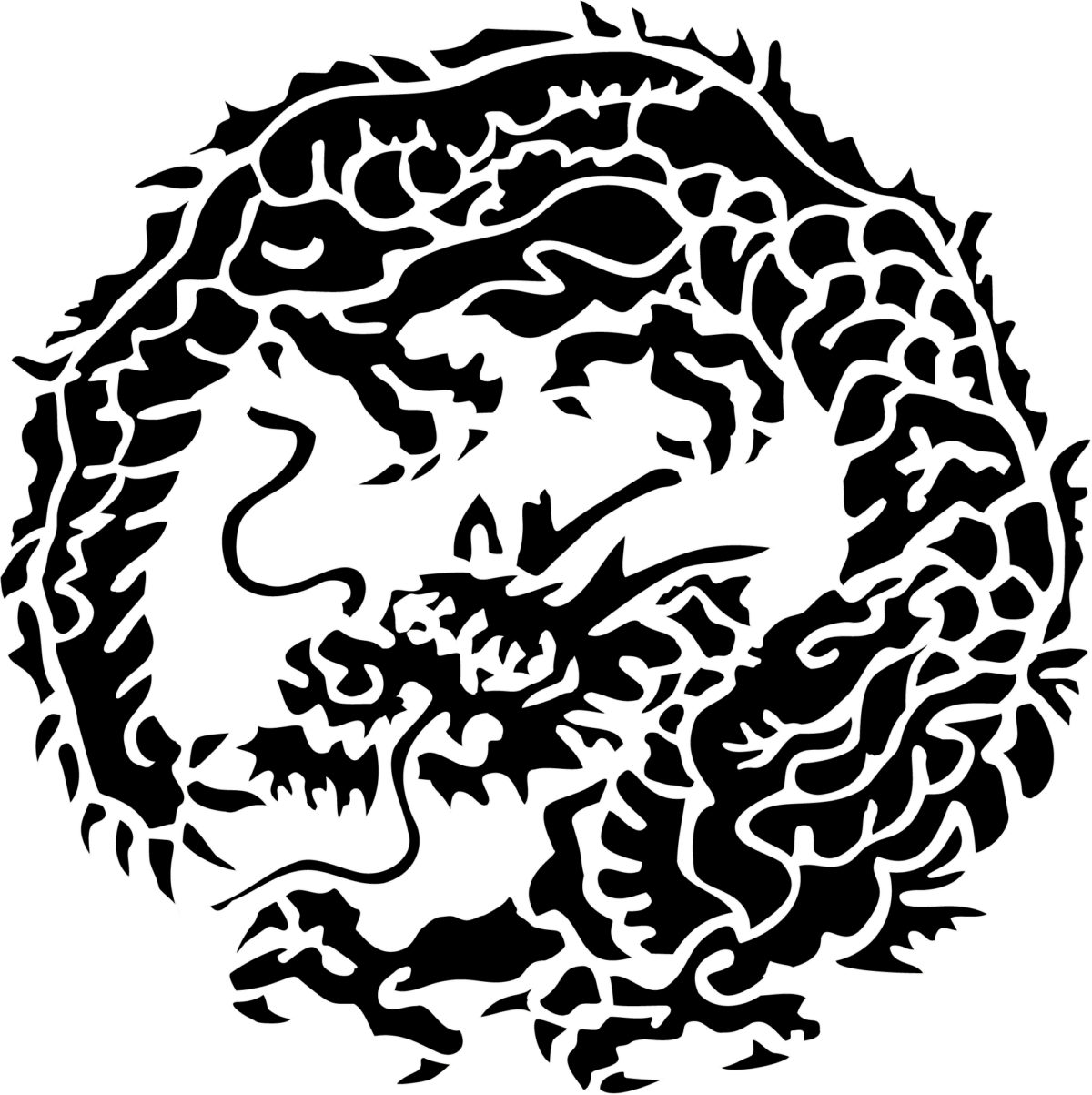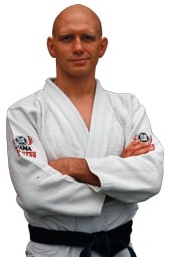
Acquiring new skill sets and polishing your existing skills is the very essence of training. When everything is working properly and you’re surfing up the learning curve it is an exhilarating process. The learning curve isn’t always smooth, however, and sometimes you run into things called slumps and plateaus. These two phenomena have some similarities, but are different.
In a slump your skills and performance deteriorate. Suddenly you have no gas, no coordination, and are always a step behind in sparring. Those sparring partners you usually dominate start dominating you, tapping you out with ease.
Oftentimes there is an obvious reason for the slump (at least in retrospect). Maybe it was because you were overtrained, or fighting off a cold, or emotionally drained from work, or sleeping badly, or not training enough. In any case, you usually figure it out and your learning curve starts to go head in the right direction again. Most slumps are fairly short, on the scale of days to a few weeks. It’s very frustrating while it’s happening, but at least it’s over quickly.
A plateau, on the other hand, happens when you stop making progress and get stuck at the same skill and performance level for a long time. You might be training just as hard as you always have, but you’re just not getting any better.
Plateaus usually last longer than slumps, especially as you become more skilled. Plateaus typically last one to several months, and sometimes as long as half a year. To make matters worse, during this time your highly inconsiderate training partners insist on continuing to make progress, widening the gulf and leaving you in the dust.
Plateaus are usually more demoralizing than slumps. Anyone can handle having a bad day or two, but training hard and not seeing any obvious benefits or improvements from training is hard on the ego and can make anyone question themselves.
The underlying cause for skill plateaus is hard to diagnose, and definitely harder than figuring out why someone is in a slump. Furthermore, without knowing the cause for a plateau it’s hard to prescribe a cure, so often one is just left with a shotgun approach to solving the problem.
Sometimes people have some success in ending a plateau by changing their techniques, training regimen, diet or the amount of sleep they get, but the fact of the matter is that most people’s skills improve in little steps, not in a smooth line. You work and you work and you work and then, all of a sudden, BAM! Your game jumps up one or two levels overnight!
My advice for dealing with plateaus: maybe try shaking things up in your training or conditioning routine, but mainly try not to get too discouraged and remember that everyone goes through this at some point. Definitely hang in there: everyone gets better eventually!


